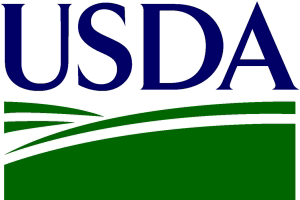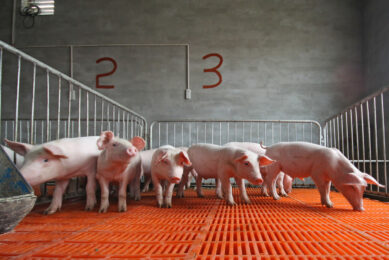USDA requires reporting of PED virus

The United States Department of Agriculture (USDA) has announced that it is now required for pork producers to report instances of Porcine Epidemic Diarrhoea (PED) virus.
The USDA hopes that the new information will help stop the spread of the virus, which was first diagnosed in the US in May 2013 and has since killed millions of neonatal piglets. The outbreak has significantly cut into the American swine supplies. Prices for pork have risen sharply ever since.
In a statement, the USDA said that reporting is required due to ‘the devastating effect on swine health’ since the virus was first confirmed in May last year.
Reportable disease
Until Friday, PEDv was not a reportable disease under international standards as the virus only affects swine and does not pose a threat to public health or food safety.
Agriculture secretary Tom Vilsack was quoted to say, “Today’s actions will help identify gaps in biosecurity and help us as we work together to stop the spread of these diseases and the damage caused to producers, industry and ultimately consumers.”
In addition, the USDA also requires tracking movements of pigs, vehicles, and other equipment leaving premises where the virus has been confirmed. Movements are still allowed.
The USDA said it will be dependent on pig veterinarians and industry leaders to assist in development of a monitoring and control procedures. The details, like how often to test herds, biosecurity procedures requirements, herd-level control procedures and the qualification to release a herd from the monitoring programme, are yet to be determined.
So far, the total number of positive tested cases for PEDv is at 5,790 in 29 states.
The USDA also said it will require the tracking and reporting of Swine Delta Coronavirus (SDCv). This disease has also been confirmed in ten pork-producing states.











